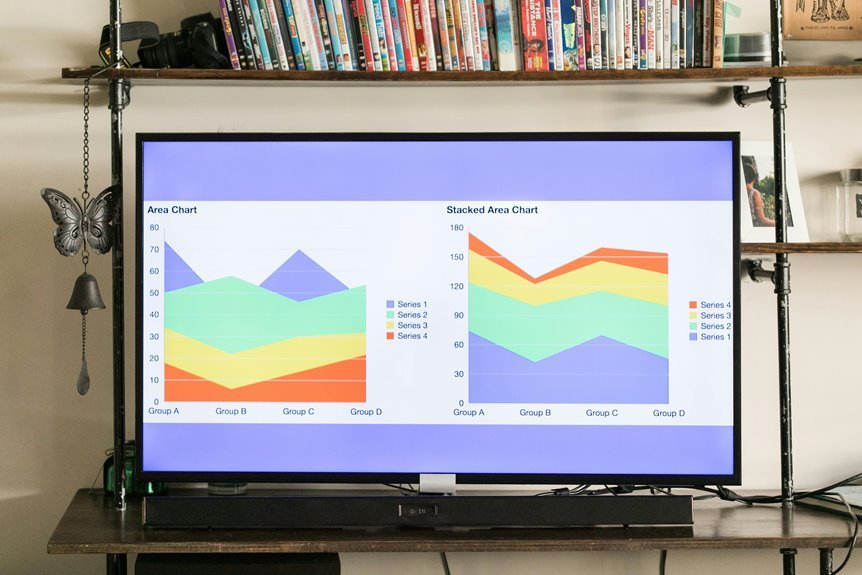Key Trends in Business Financial Reporting 3500766023
The landscape of business financial reporting is undergoing significant transformation. Companies are increasingly prioritizing sustainability metrics alongside traditional financial indicators. Real-time data analytics are becoming essential for timely decision-making. Enhanced regulatory compliance and transparency are reshaping stakeholder expectations. Furthermore, the integration of artificial intelligence is streamlining reporting processes. These trends highlight a shift towards greater accountability and efficiency. What implications do these changes have for future reporting practices?
The Rise of Sustainability Reporting
As businesses increasingly recognize the importance of environmental and social governance, sustainability reporting has emerged as a critical component of financial disclosure.
This trend highlights the integration of green metrics, enabling organizations to quantify their environmental impact.
Furthermore, effective stakeholder engagement ensures transparency and accountability, fostering trust among investors and consumers.
Real-Time Financial Data and Analytics
How can businesses thrive in an increasingly volatile market?
The integration of real-time dashboards and predictive analytics empowers companies to make informed decisions swiftly.
By leveraging these tools, organizations can monitor financial performance continuously, identify trends, and anticipate market shifts.
This proactive approach enhances agility, allowing businesses to adapt strategies effectively, ultimately fostering resilience and maintaining a competitive edge in uncertain environments.
Enhanced Regulatory Compliance and Transparency
Enhanced regulatory compliance and transparency have become paramount for businesses navigating the complexities of today’s financial landscape.
Effective risk management practices and robust financial governance frameworks are essential for organizations aiming to maintain stakeholder trust.
Adopting stringent compliance measures not only mitigates risks but also fosters a culture of accountability, ultimately leading to enhanced operational efficiency and informed decision-making in a competitive marketplace.
Integration of Artificial Intelligence in Financial Reporting
The ongoing emphasis on regulatory compliance and transparency has paved the way for innovative solutions in financial reporting, particularly through the integration of artificial intelligence (AI).
This integration facilitates automated analysis and enhances predictive modeling, enabling businesses to make data-driven decisions.
As organizations adopt AI technologies, they not only improve accuracy but also streamline reporting processes, fostering greater agility and responsiveness in the financial landscape.
Conclusion
In conclusion, the convergence of sustainability reporting, real-time analytics, and enhanced regulatory compliance illustrates a pivotal shift in business financial reporting. This transformation mirrors a complex ecosystem, where companies, like interdependent species, adapt to thrive under the pressures of accountability and transparency. The integration of AI technologies acts as a catalyst, streamlining processes and fostering trust among stakeholders. Together, these trends not only improve operational efficiency but also reflect a broader commitment to responsible business practices in an evolving financial landscape.






